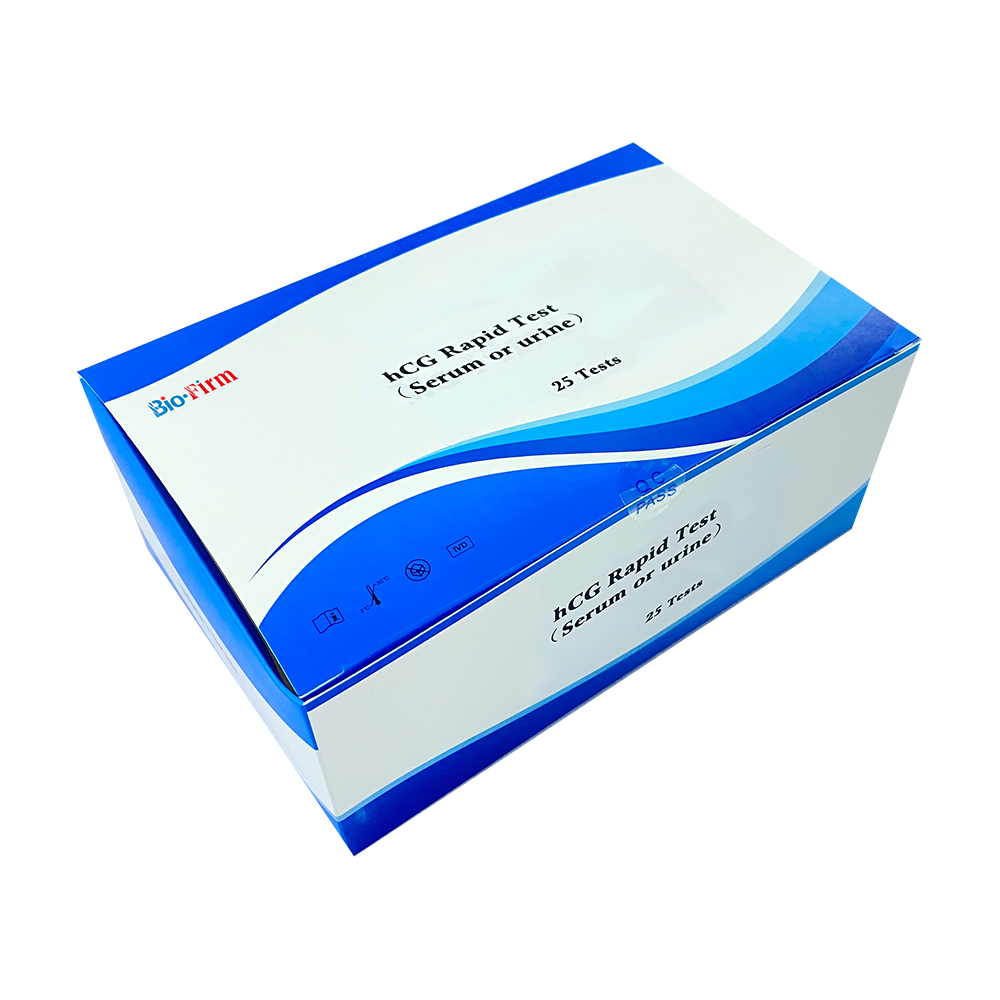Jul 01,2022
The HCG rapid test can reliably detect pregnancy approximately 10 to 14 days after conception. This timeframe corresponds to about the time when a woman would expect her next menstrual period. Here is a more detailed explanation:
Timing and Sensitivity
Implantation and HCG Production:
After conception, the fertilized egg travels down the fallopian tube and implants into the uterine lining. This typically occurs about 6 to 10 days after fertilization.
Once implantation occurs, the placenta begins to form and produces the hormone human chorionic gonadotropin (HCG).
HCG Levels:
HCG levels increase rapidly in the early stages of pregnancy, doubling approximately every 48 to 72 hours.
By around 10 to 14 days post-conception (about the time of the missed period), HCG levels in the blood and urine are usually high enough to be detected by a sensitive HCG rapid test.

Test Sensitivity
Early Detection:
Some highly sensitive HCG rapid tests claim to detect HCG levels as low as 10 mIU/mL, which can allow for earlier detection, sometimes as soon as 7-10 days post-conception.
However, the accuracy and reliability of the test are higher if used after the first missed period.
Variability in Detection Time
Individual Variations:
The exact timing of detectable HCG levels can vary among individuals due to differences in the timing of implantation and the rate of HCG production.
Some women may have detectable HCG levels earlier or later than the average window.
Practical Recommendations
Optimal Testing Time:
For the most reliable results, it is generally recommended to take the HCG rapid test after the first day of the missed menstrual period.
Testing too early can result in a false negative due to HCG levels being below the detection threshold.
In summary, the HCG rapid test can reliably detect pregnancy approximately 10 to 14 days after conception. For optimal accuracy, it is best to perform the test after the expected date of the missed period.



 Español
Español
 Français
Français
 Deutsch
Deutsch
 عربى
عربى








